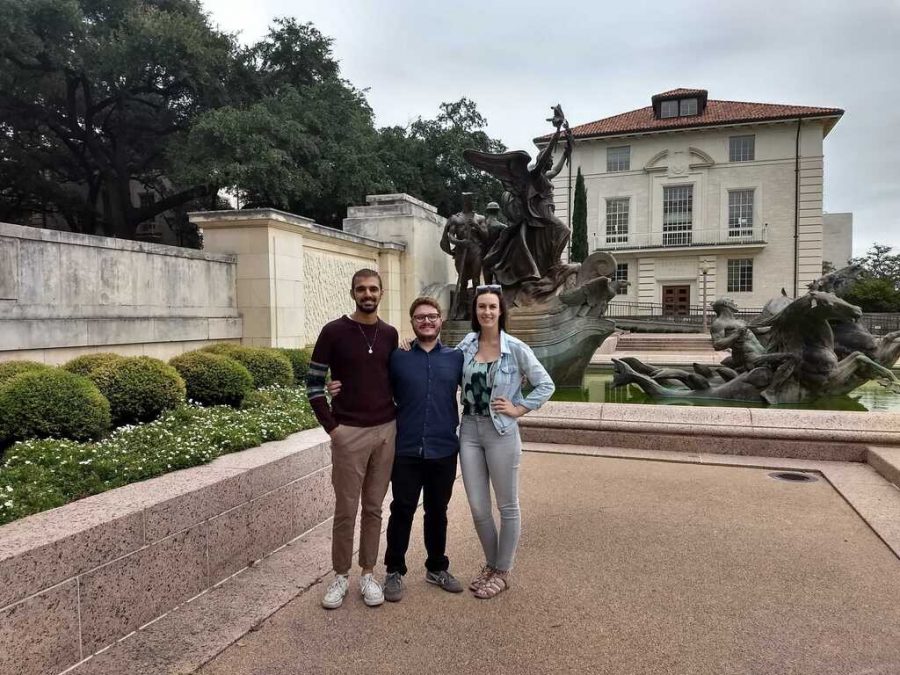UT program provides mentorship to refugee students relocated from Afghanistan
September 8, 2021
As Austin prepares to accept 200 to 300 Afghan refugees, an official for UT’s Refugee Student Mentor Program anticipates they will relocate to the city. Therefore, the University program needs additional volunteers to help refugee students from kindergarten through high school adjust to life in the U.S.
The program will benefit the refugees coming into the Austin community by providing them with tutoring and language support services, according to the website. Through this volunteer opportunity, students can improve their foreign language skills and provide much needed social support to their new community members.
The mentors support the refugees by visiting them once a week in their classes in the Austin Independent School District. Mentors will help the students better understand their school work by translating and playing games with them assisting the transition to American life.
Nasim Abdi, a biochemistry and art history senior, said she heard about the mentorship program in her Farsi class sophomore year and decided to join because of her passion for children. She said one of her favorite memories was when she played a drawing competition with her students.
“You have to draw something and then they have to guess what the drawing is, and one of the students was really competitive,” Abdi said. ”She was super quick to guess and then she didn’t get it first, and she was like no. It was just cute to see how competitive and into the game they get.”
However, Brian Sitzes, a fourth-year Ph.D. student in the Department of Middle Eastern Studies and the program coordinator, said the program has trouble finding volunteers who speak critical languages like Pashto, one of the primary Afghan languages that the program needs the most speakers for, every semester.
“We have all these students in our program who speak languages that are valuable to the community,” Aslan said. “So we feel a responsibility to help people who need this vital support.”
It can be difficult for refugees to access the mentorship program in AISD because the high cost of living in central Austin tends to force families further away from the city, so the program has begun fundraising to offer Lyft rides to schools for students without proper transportation, according to Sitzes.
“I would encourage anybody who has an interest to join the program,” Abdi said. “Especially with refugee students, it’s like they’re going through a big transition period and it’s hard for them to kind of adjust to life here so I think, if you will find any interest, please do. It’s really rewarding for both you and the students.”












